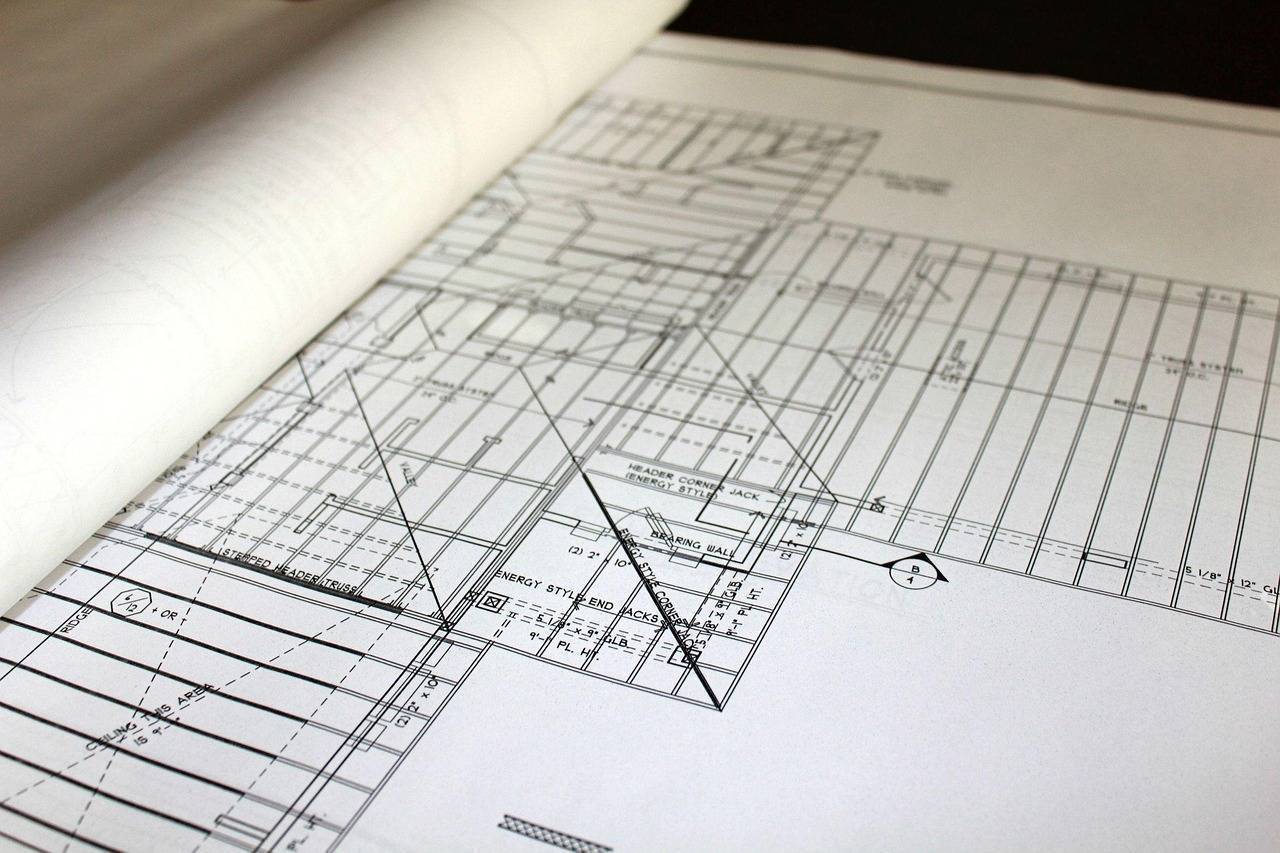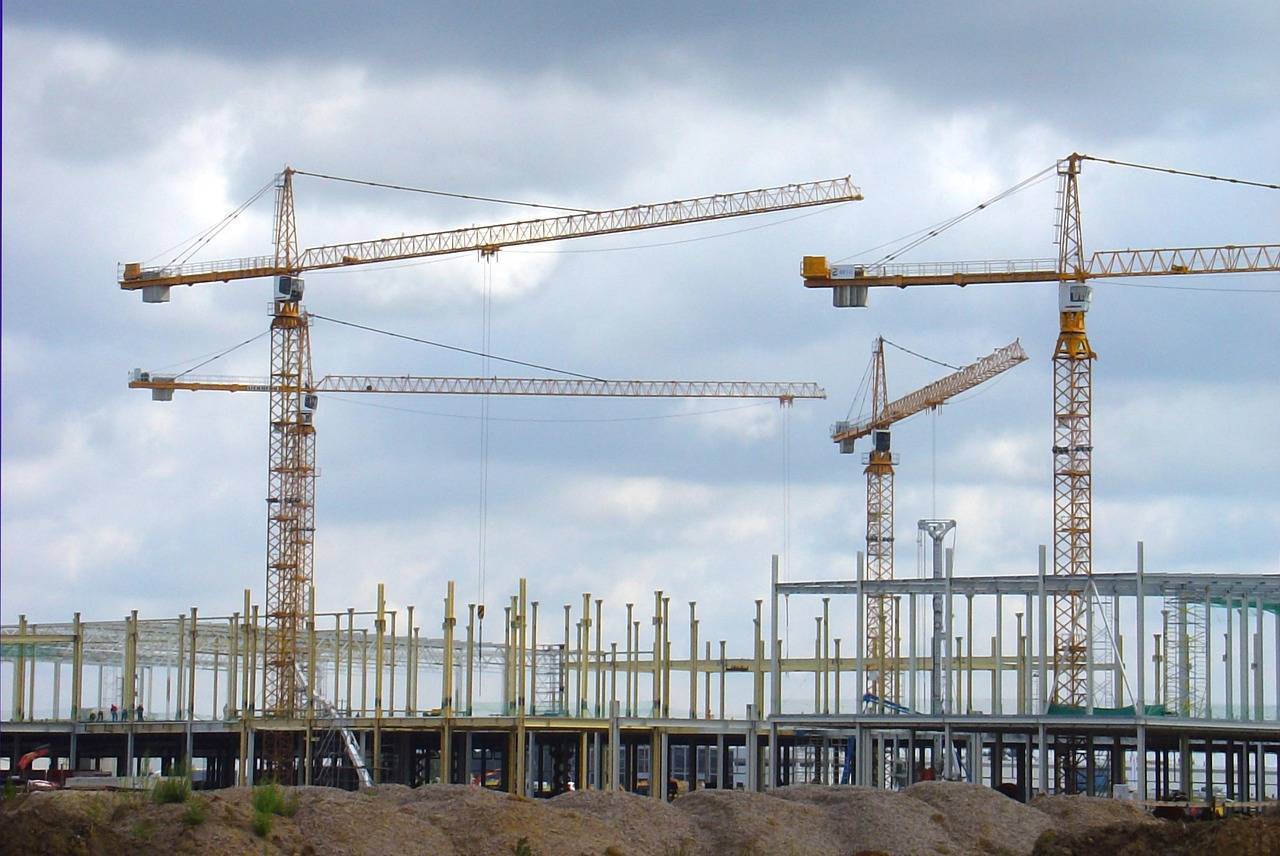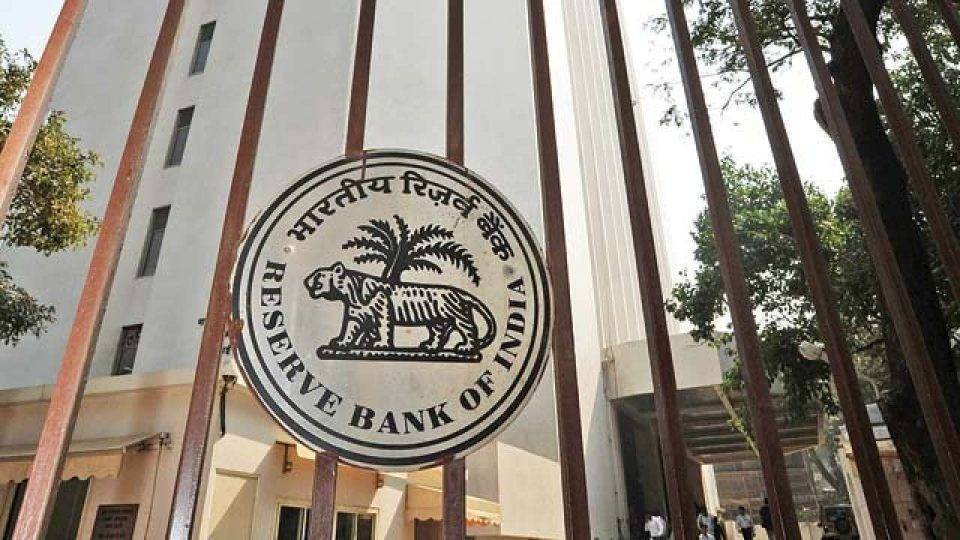The Maharashtra state cabinet approved the ₹6,500-crore ‘New Nagpur’ project, aimed at establishing a hi-tech city in Hingna taluka. Envisioned as a futuristic commercial and corporate hub, the project seeks to position Nagpur alongside India’s leading tech cities like Hyderabad and Bengaluru. Central to the plan is the International Business and Finance Centre (IBFC), designed to foster industries, startups, and corporate offices.
The Nagpur Metropolitan Region Development Authority (NMRDA) will oversee the implementation of the project, with NBCC (India) Limited appointed as the project consultant. Officials indicated that work will commence once the government resolution (GR) is issued, expected within the next week.
Spanning 692.06 hectares across Mouza Godhni (Rithi) and Mouza Ladgaon (Rithi) in Hingna taluka, the development is funded with ₹3,000 crore for land acquisition and ₹3,500 crore for Phase I construction. The state has approved raising the full ₹6,500 crore through a loan from the Housing and Urban Development Corporation Ltd (HUDCO), backed by the state government guarantee.
Declared a flagship initiative, the project benefits from a stamp duty waiver on related agreements. Officials emphasized that despite hosting more than 275 premier institutions, including VNIT, IIM, IIIT, AIIMS, NLU, ICAI, GMC, and LIT, Nagpur has struggled to retain its skilled workforce, with many graduates moving to other states due to limited local opportunities. The New Nagpur project is intended to address this gap by offering corporate infrastructure, knowledge-based industries, and startup ecosystems that generate high-value employment. Estimates suggest over five lakh jobs could be created, making it one of Maharashtra’s most employment-intensive initiatives.
A key feature of the development will be a first-of-its-kind underground utility tunnel system, designed on a plug-and-play model. It will integrate electricity, water, gas, telecom, district cooling, and automated waste management in a trenchless network, minimizing disruption and enabling seamless expansion in the future. The city will also incorporate green urban planning, smart utilities, and single-window clearance systems, aiming to become a smart, inclusive corporate hub.
Officials highlight that this approach will reduce congestion in existing urban areas, attract global corporations, and foster entrepreneurship across the region. The cabinet’s approval signals the government’s commitment to driving economic growth in Vidarbha. Aligned with Maharashtra’s vision of balanced regional development, New Nagpur is expected to act as a catalyst for progress not only for the city but also for central India.
The approval of the New Nagpur project marks a significant step toward transforming central India’s economic landscape, offering opportunities for employment, entrepreneurship, and advanced urban infrastructure.









.png)